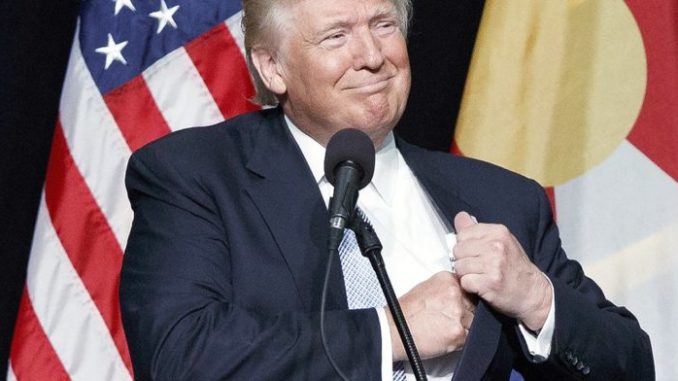
By Stephanie Nebehay
GENEVA (Reuters) – U.N. human rights experts said on Wednesday U.S. President Donald Trump’s travel ban on nationals from seven Muslim-majority states contravenes international law and could lead to people denied asylum being sent home to face torture.
Trump’s executive order curbing immigration has aroused an international outcry, even among U.S. allies, and sown chaos and bewilderment among travelers. Legal challenges have spread with three U.S. states suing to overturn the order, saying it flouts constitutional guarantees of religious freedom.
In a statement, the U.N. experts urged the Trump administration to protect people fleeing war and persecution and uphold the principle of non-discrimination based on race, nationality and religion. The United States should not force back refugees, a practice known as refoulement, they said.
“Such an order is clearly discriminatory. based on one’s nationality. and leads to increased stigmatization of Muslim communities,” said the experts.
“Recent U.S. policy on immigration also risks people being returned, without proper individual assessments and asylum procedures, to places in which they risk being subjected to torture and other cruel, inhuman or degrading treatment, in direct contravention of international humanitarian and human rights laws which uphold the principle of non-refoulement.”
The independent experts included the U.N. special rapporteurs on migrants, François Crépeau; on racism, Mutuma Ruteere; on human rights and counter-terrorism, Ben Emmerson; on torture, Nils Melzer; and on freedom of religion, Ahmed Shaheed.
U.N. High Commissioner for Human Rights Zeid Ra’ad al-Hussein said on Monday that discriminating against people on the basis of their nationality is illegal.
The U.N. experts voiced concern that people travelling to the United States could be subject to detention for indefinite periods and ultimately deported. They called on Washington to live up to internationally agreed obligations to offer refuge to those fleeing persecution and conflicts.
Melzer also urged Trump not to consider returning to waterboarding and other methods of torture as interrogation techniques used during George W. Bush’s administration but banned by his Democratic successor Barack Obama. Trump has said he believes waterboarding works but his top defence and security appointees have said they would oppose any use of it.
“Any tolerance, complacency or acquiescence with such practice, however exceptional and well-argued, will inevitably lead down a slippery slope towards complete arbitrariness and brute force,” Melzer said.
(Reporting by Stephanie Nebehay; editing by Mark Heinrich)